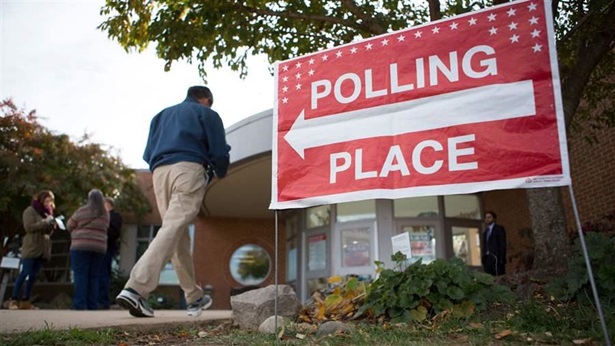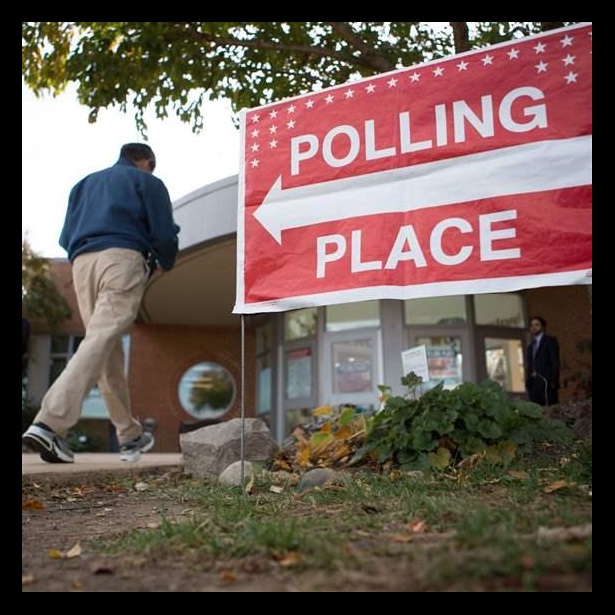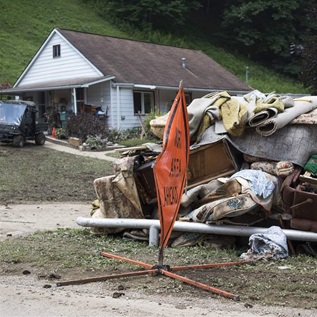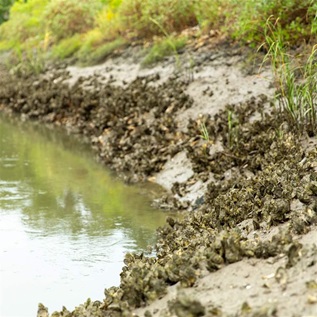Voters Gain Better Access to Information as States Embrace Digital Tools
States across the country are using free tools from the Voting Information Project (VIP) to provide voters with timely, accurate election information. VIP’s tools—a Short Message Service (SMS) tool,* the embeddable voting information widget, and white-label iOS and Android apps—are in use in 44 states. These free resources can be customized by including a logo, official seal, preferred colors, and text, and they are designed to help states, cities, and civic-minded organizations make sure voters have the knowledge they need to cast their ballots.
- On its back cover, California’s 224-page election guide advises voters to text “Vote” to GOVOTE (468683) to find polling locations. Every household with a registered voter receives a guide in the mail.
“Many California voters prefer elections information in a digital format,” says California Secretary of State Alex Padilla. “The VIP tool allows them to look up critical election information—including their polling place—right on their smartphone or tablet. That’s why we even included information in our official guide directing voters to find their polling place via text message.”
Once the polling location appears, users have options to select one of 10 languages and to receive additional information in that language about voter registration and their local election officials. Data show that more than 44,000 texts were sent to GOVOTE by mid-October, and another 50,000 were expected by the end of the month.
- In Arizona, the secretary of state’s office customized and embedded the VIP widget on its elections webpage for voters to use to find their polling locations and hours as well as information about what is on their ballots.
- Kansas developed its customized Vote Kansas app using data provided by VIP to give registered voters access to election information on their phones or tablets. The app provides ballot and polling place information in multiple languages, as well as text-to-speech functionality.
VIP, a partnership between The Pew Charitable Trusts, Google, and the states, works to connect voters in all 50 states and the District of Columbia with the election information they need to cast a ballot on or before Election Day.
Alexis Schuler is the senior director and Monica Leibovitz is an officer for election initiatives at The Pew Charitable Trusts.
Follow us on Twitter using #electiondata and get the latest data dispatches, research, and news by subscribing today.
* By sending a text message to Pew, you consent to receive voting information via texts from an automated system. This is a free service, but standard text message rates may apply. You may revoke consent by contacting Pew, including by texting STOP.













